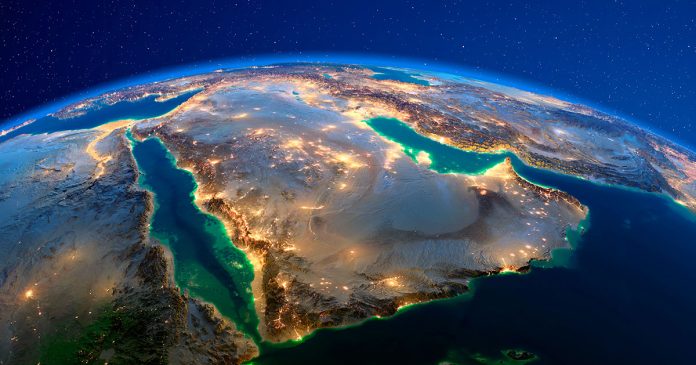Saudi astronauts Rayyanah Barnawi and Ali AlQarni have begun their research projects on the International Space Station (ISS) after arriving on the Axiom Space 2 mission. During their eight-day stay, they will conduct 14 experiments in microgravity. Three of these experiments involve the participation of 12,000 Saudi students across 47 locations in the Kingdom.
The involvement of students aims to provide them with quality education, training programs, and the opportunity to participate in scientific experiments and future space missions, preparing them for careers as astronauts and engineers. Students will have the unique opportunity to interact with the Saudi crew in real-time as they perform experiments both in space and on Earth.
Barnawi and AlQarni will conduct six experiments focused on studying the effects of space, microgravity, and high radiation environments on the human brain and nervous system. The research aims to understand the impact of space travel on human health and the safety of such journeys for the brain. They will use innovative neuroscience tools to measure blood flow to the brain and monitor its electrical activity.
Additionally, the Saudi astronauts will conduct four cell science experiments to investigate how human immune cells respond to inflammation in microgravity. Specifically, they will study changes in mRNA decay, which can help regulate inflammation processes.


